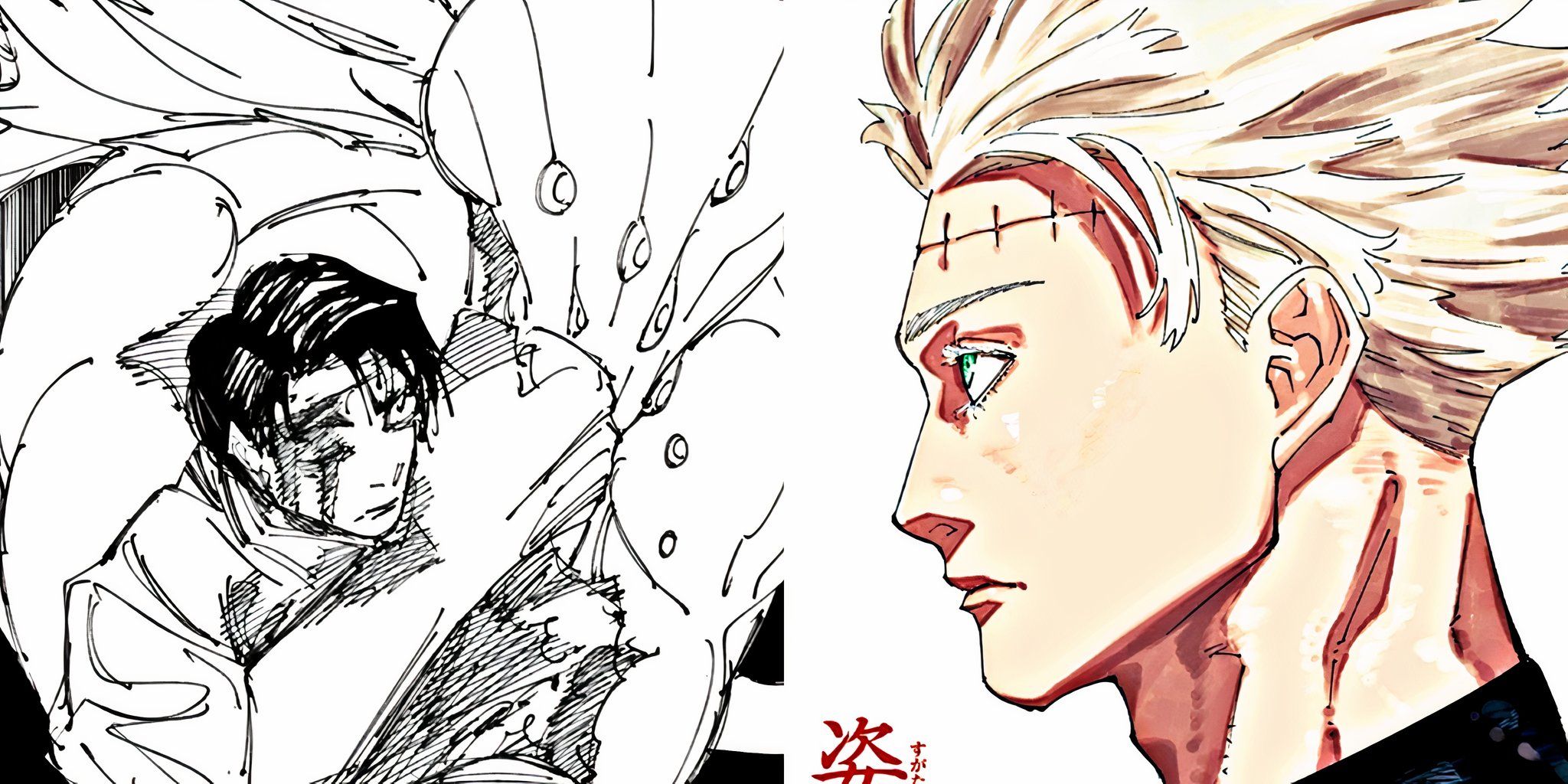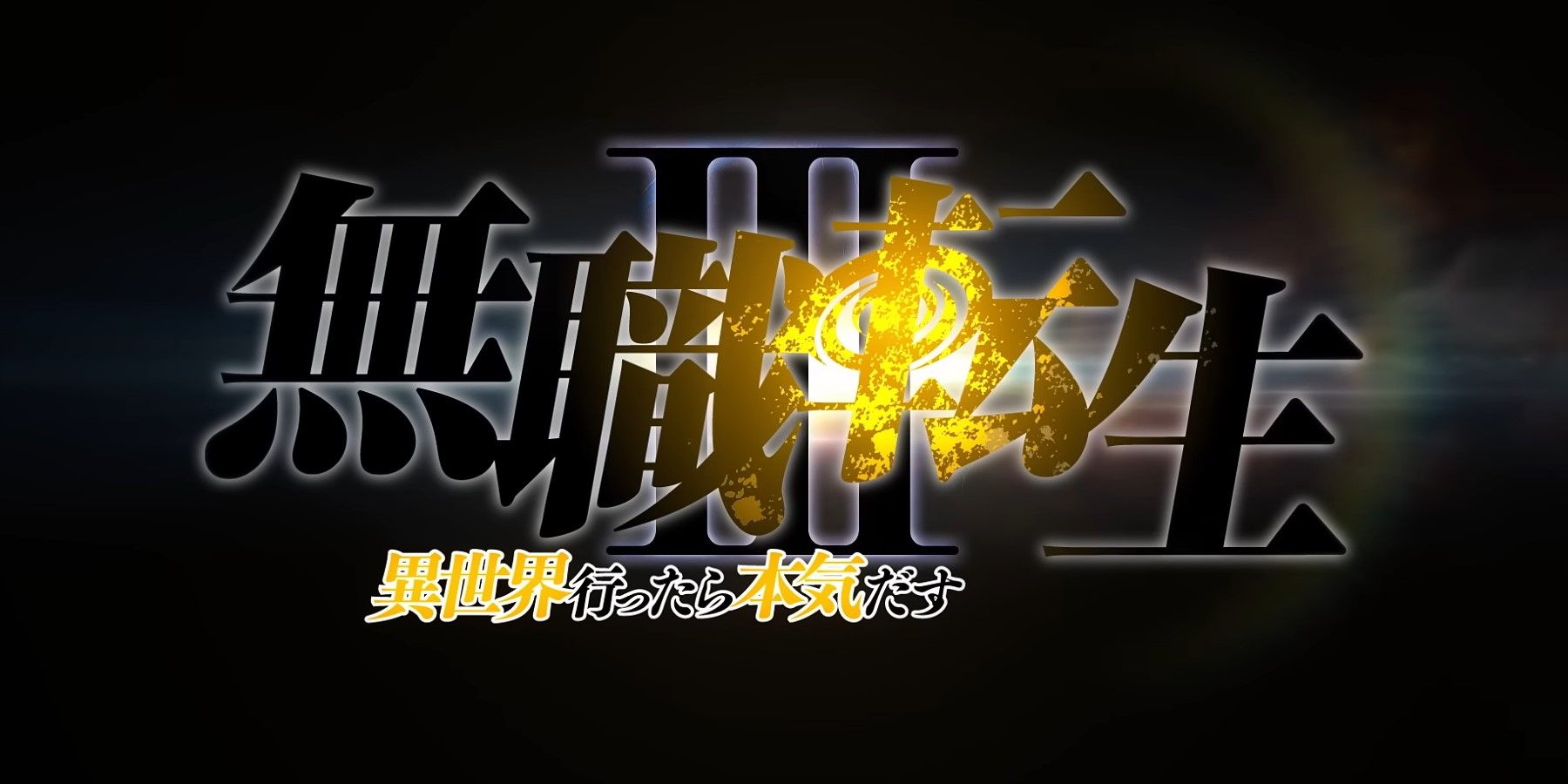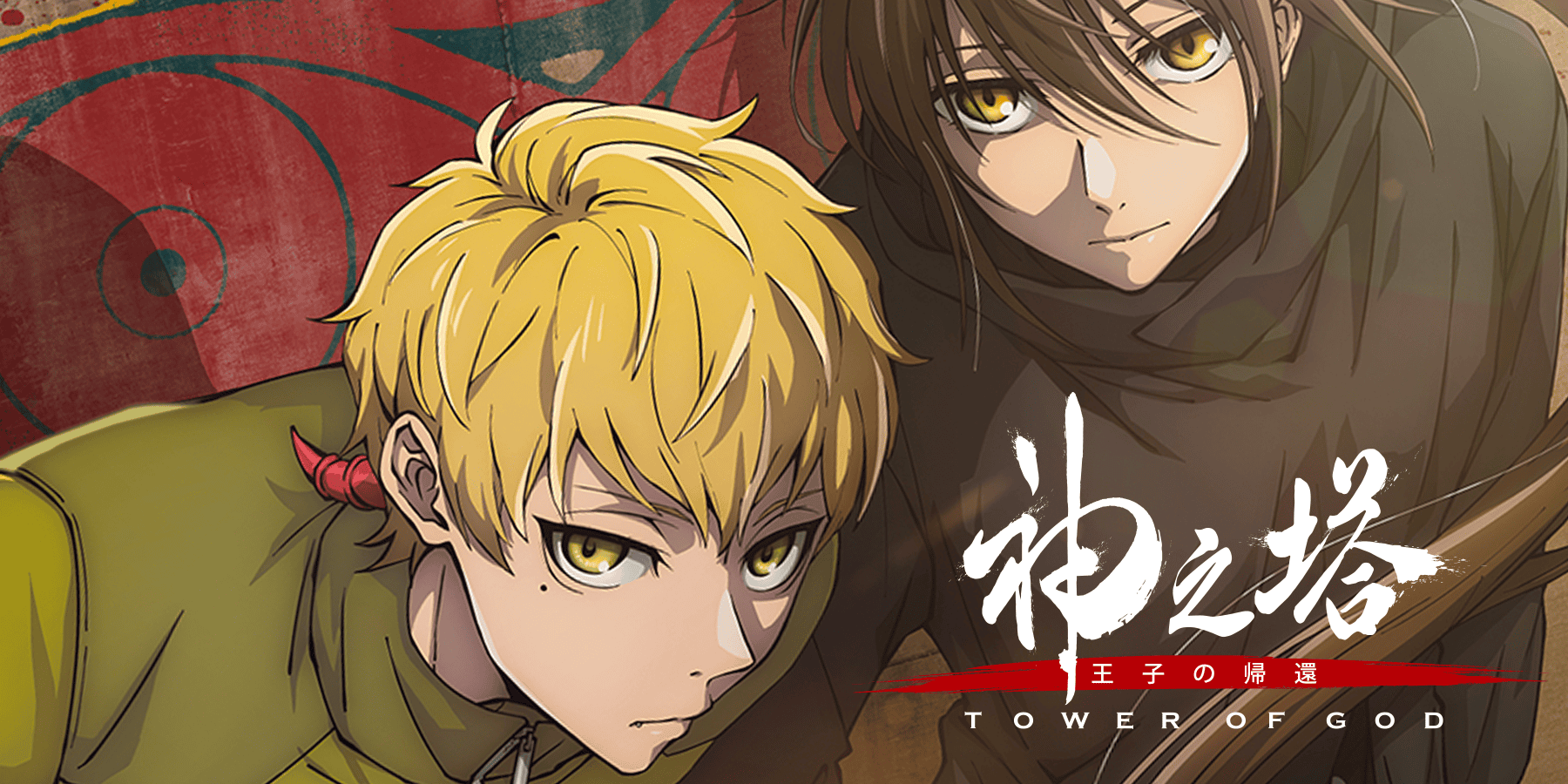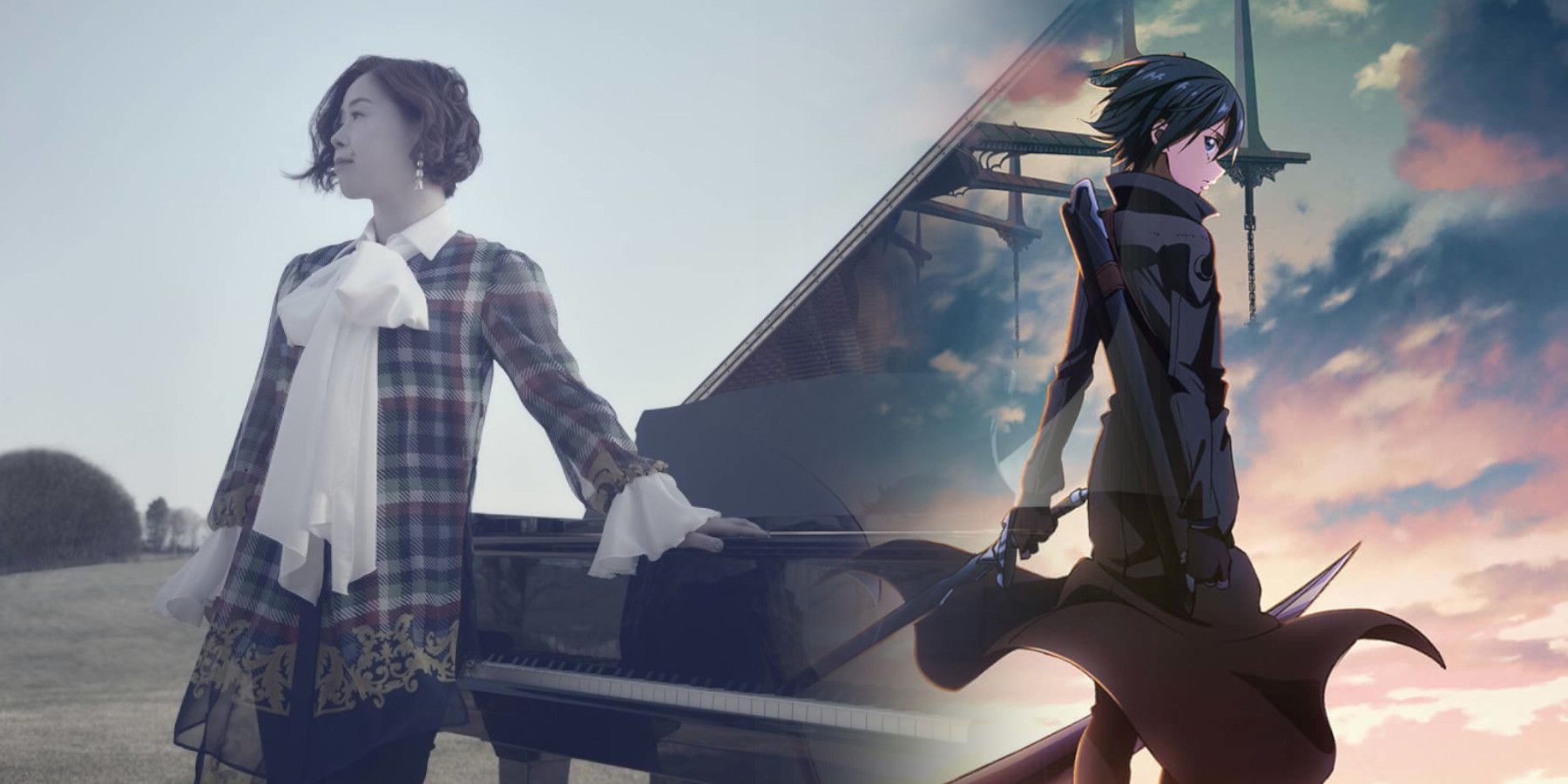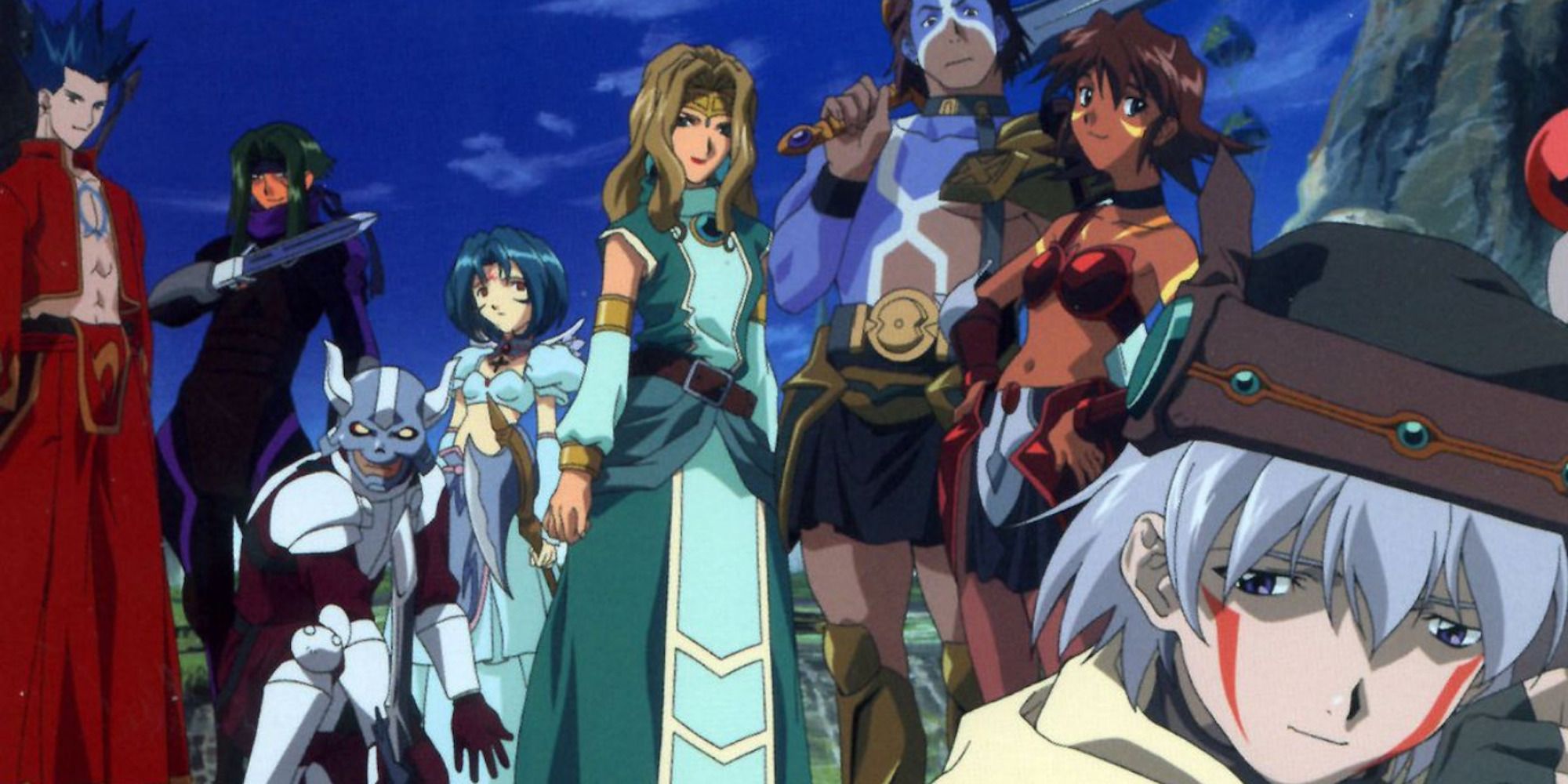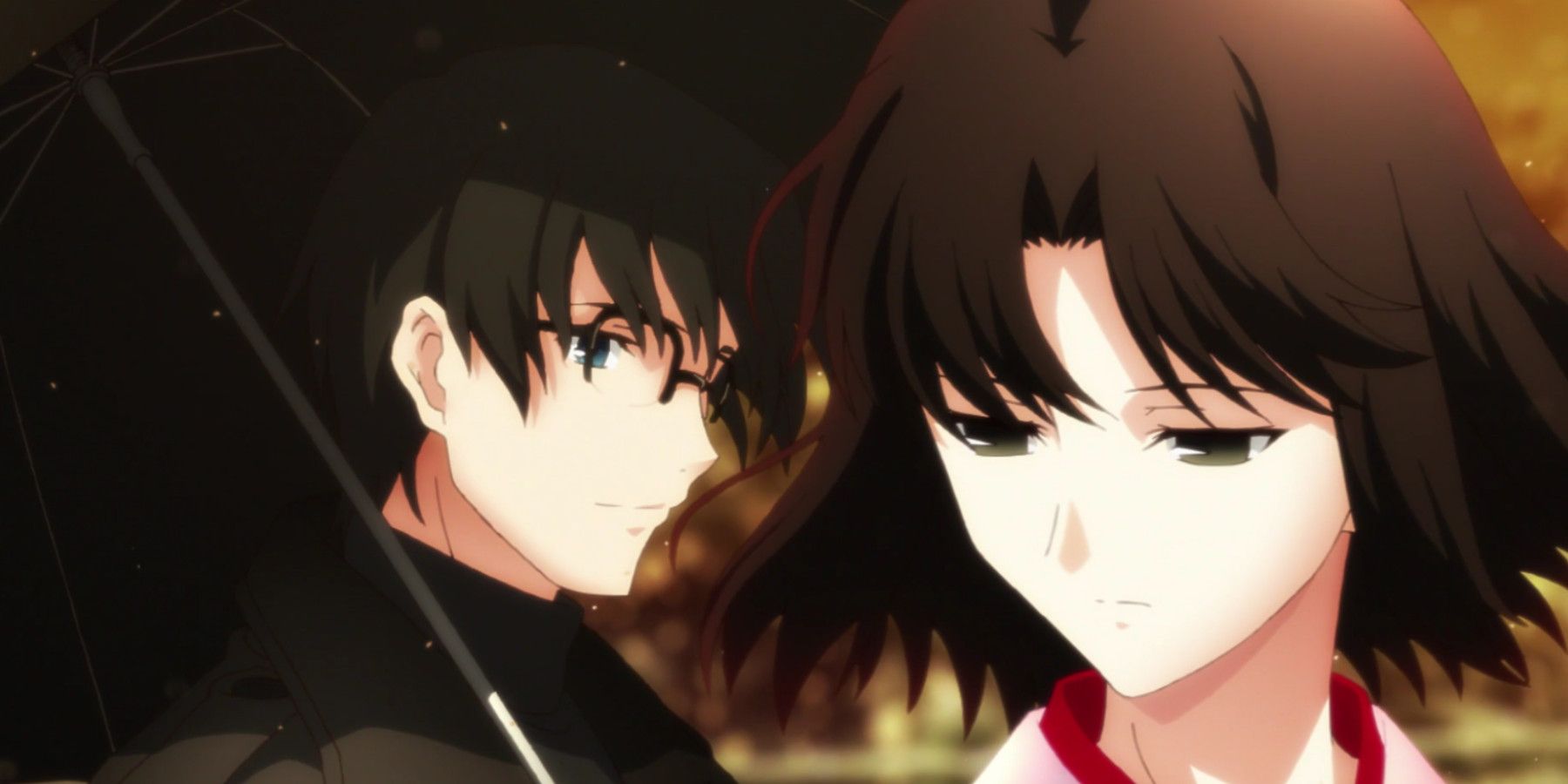Sword Art Online might not be for everyone, but anyone who has watched it, even with a more critical eye, has likely become ensnared by its best qualities. One such quality that has been universally praised is its score, composed by Yuki Kajiura, an artist with a style more distinct than almost anyone in the industry.
Japanese-born yet raised in Germany, Yuki Kajiura became exposed to classical music from an early age, as her father was enamored with it and wished for Kajiura to pursue it as well. It was a love that she inherited and which pushed her towards a career in music that led her to compose for film and television.
Kajiura's Early Career
Everyone has a particular show that comes to mind first when her composing comes up, and Sword Art Online happens to be one of the more contemporary associations. It could just as easily be Garden on Sinners, Fate/Zero, or more recently, the sensation that is Demon Slayer. But for fans that have been around for longer, her earliest hits were foundational TV scores such as NOIR and .hack//SIGN.
Kajiura's love of the piano has never been lacking in her music and at times feels so essential that it may very well be the foundation of her work, like the spine supporting the frame of a body. Often songs will begin with simple melodies that are later expanded upon by a swelling orchestra or a choir.
The central melody is not limited to piano however and is just as easily remedied by the playful and wispy plucking of string instruments. Orchestral pieces are Kajiura's bread and butter, but it can't be understated how effective her more experimental tracks that delve into synth and rock. Works like .hack or darker entries in the Fate series have some distinctly modern-sounding musical styling.
However, it is the blend of the two that is so intoxicating, especially when the choir intensifies into a spirited battle cry or a vocalist breathes new life into the score. Looking back, it can be surprising even to fans who have heard much of her work how many notable series she has been involved with, such as the Gundam Seed or the ending theme for Baccano.
But her biggest years were to come between 2011 and 2012 when she lent her talents to a few of the biggest anime of the decade, namely Madoka Magica, Fate/Zero, and Sword Art Online. Like with her previous hits, her music embedded itself in the minds of a new generation of anime fans as a defining factor in what made these shows so enticing.
The Sound of Fantasy
There is no shortage of great composers that have put to sound the very feeling of adventure and magic and fantasy, no few in the anime realm have embodied it so thoroughly and consistently. Yuki Kajiura's work isn't complimentary to the genre of fantasy, be it modern or ancient, but rather a defining sound that contributes to the audience's understanding of a story's intentions.
Put simply, her music doesn't just fit fantasy stories; it makes stories feel inherently fantastical. Even in science fiction works, her music can both add an impending and dangerous weight and also feel airy and weightless in its frivolity. Her score for SAO couldn't more accurately speak to that duality.
Sword Art Online is a dark story about children being stuck in a video game and that concept alone might not have been as daunting without the direction and music of the show selling that tension. But at the same time, the main theme of the series is not just happier, but an anthem of hope that cuts through the tension and gets the audience pumped to see Kirito and Asuna get out alive.
Kajiura's fantastical style is impeccable not only because it can let audiences feel the drama but also because there is a palpable sense of hope beyond despair. Her work in the Fate series and related works is a great example of this, especially in regard to Garden of Sinners, Kinoku Nasu's dark fantasy series turned into a series of films.
Garden of Sinners is darker than most of the shows that Kajiura has composed music for; a dark and depressive depiction of the supernatural lurking in the darkness of 1990s Japan. Its contents include serial murder, mutilation, and brief moments of sexual assault, all set against a world connected to the same mythology as the Fate series.
And yet even with the gruesome happenings that pervade every inch of the series, the music is absolutely beautiful. It carries many of the fundamental qualities of her other popular scores but possesses an especially ethereal sound to it. Other fantasy soundtracks can be described as one that transports the viewer, but this score doesn't necessarily allow an escape.
Instead, the music in Garden of Sinners seems to cut through the fear and the depressive miasma and bask in the comforts of something otherworldly that isn't completely horrifying. It "cuts" through all of that in the same way that Shiki cuts through the horrors laden throughout Japan. It's almost a horror series that wants the audience to take solace in knowing that its lead is stronger than any monster that could haunt the darkness.
In this way, Kajiura's music is the embodiment of a sort of comfort that comes from fantasy storytelling thanks to an otherworldly and liminal vibe that heightens every little event. When you hear her music, it's quite easy to tell when it is her, just as Hiroyuki Sawano is easy to recognize. This also, unfortunately, can lead to one of the drawbacks of her large body of work.
A Tried And True Sound
Listening to much of her work back to back, it can be easy to pick up on common tropes of her music. There are soundtracks that she has made that carry a distinct feeling that is hard to confuse with other shows she has worked on. However, it's equally common to listen to a compilation of her work and not be able to place where that music is from.
At the Aniplex Online Fest 2022, the trailer for Eisen Flügel, an adaptation of a Gen Urobuchi light novel, was released featuring the music of Yuki Kajiura. It sounded pretty, enticing, and fantastical, but also incredibly reminiscent of a lot of her work. The greatest curse one could foresee in listening to Kajiura's work is that there is so much of it that sounds similar to other work she has done, and that can potentially sour her style for some.
However, while it is one thing to listen to her music in isolation, it is another thing entirely to see her work coalesce with the visuals on a screen. She has created a lot of music, it is true, but it can hardly be said that she hasn't put a great deal into honing that sound to be as potent as possible. And like with anything potent, too much of it can be overwhelming.
Source:My Anime List
